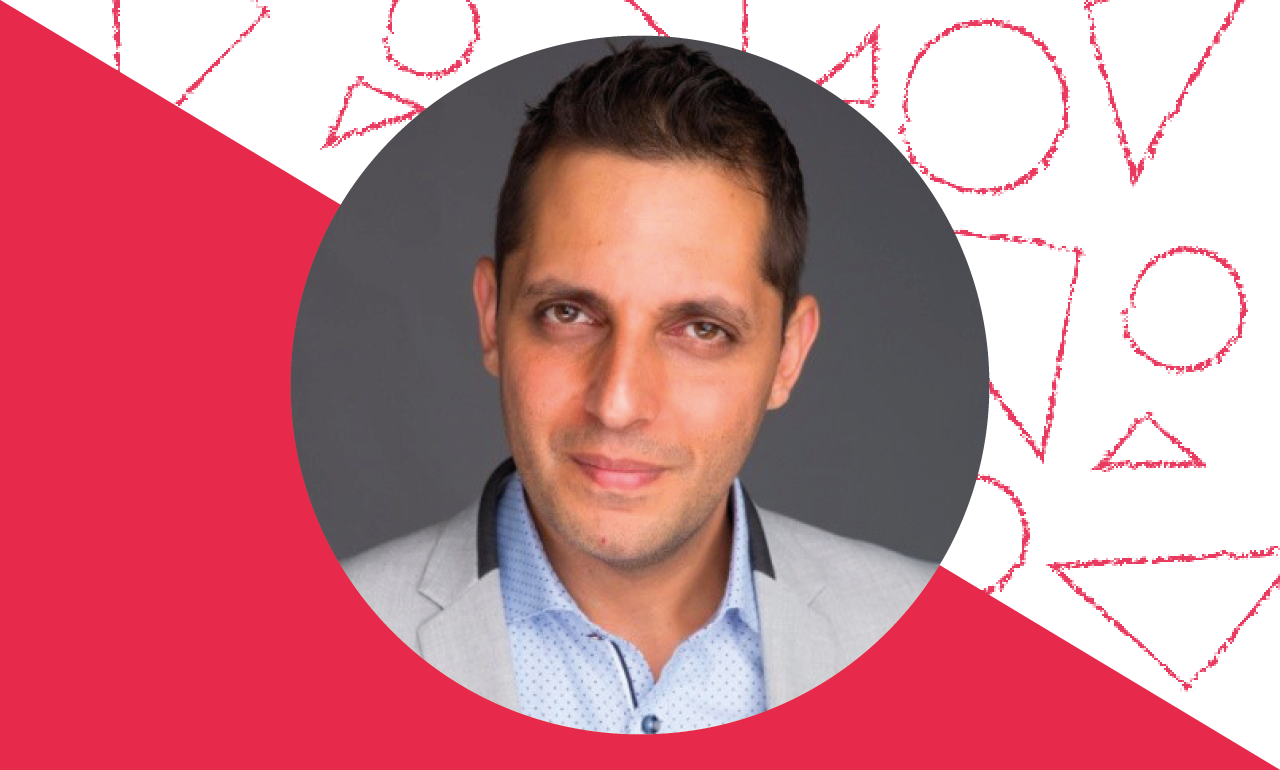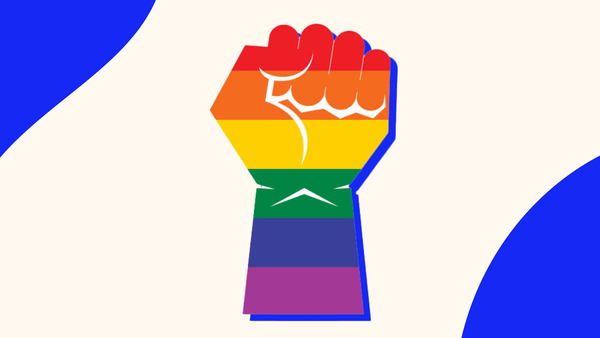While in New York attending GCUC NA, we were fortunate enough to sit down for a chat with Lucas Seyhun, founder and CEO of The Farm Soho. This is an abridged version of our discussion.
Hi Lucas, thank you for taking the time to meet with me. Right off the bat, could you tell me a little about yourself and about The Farm Soho?
I’m the CEO and founder of The Farm Soho. What do I do here? Anything that nobody wants to do or can't do is pretty much my job. I’m more recently focused on growth and making sure that I’m—even though it’s hard to admit—the most unneeded person around so we can free up more time and then grow.
I come from retail clothing, to a car dealership that I owned, and various different businesses. I was always kind of geeky. I have a military background, I was in the US military from 2001 to 2015. I was in the US Army and in Iraq a couple of times. That gives you kind of resilience, I think.
So that’s me in a nutshell.
And the Farm. The Farm is one of the first ten coworking spaces that opened up in New York City. We never took the “let’s get bunch of capital and then maybe we’ll figure out how to work this out” model. The “OMG we really don’t know what we're doing. It’s going to take us a long time to learn and to scale slowly and organically” was more of our approach.
Now, we are—how can I put this—a real estate tech company that is heavily invested in marketing.
Cobot is part of the tech that we use. We don’t have proprietary software but we do have APIs running all across many directions from sales automation to marketing automation.
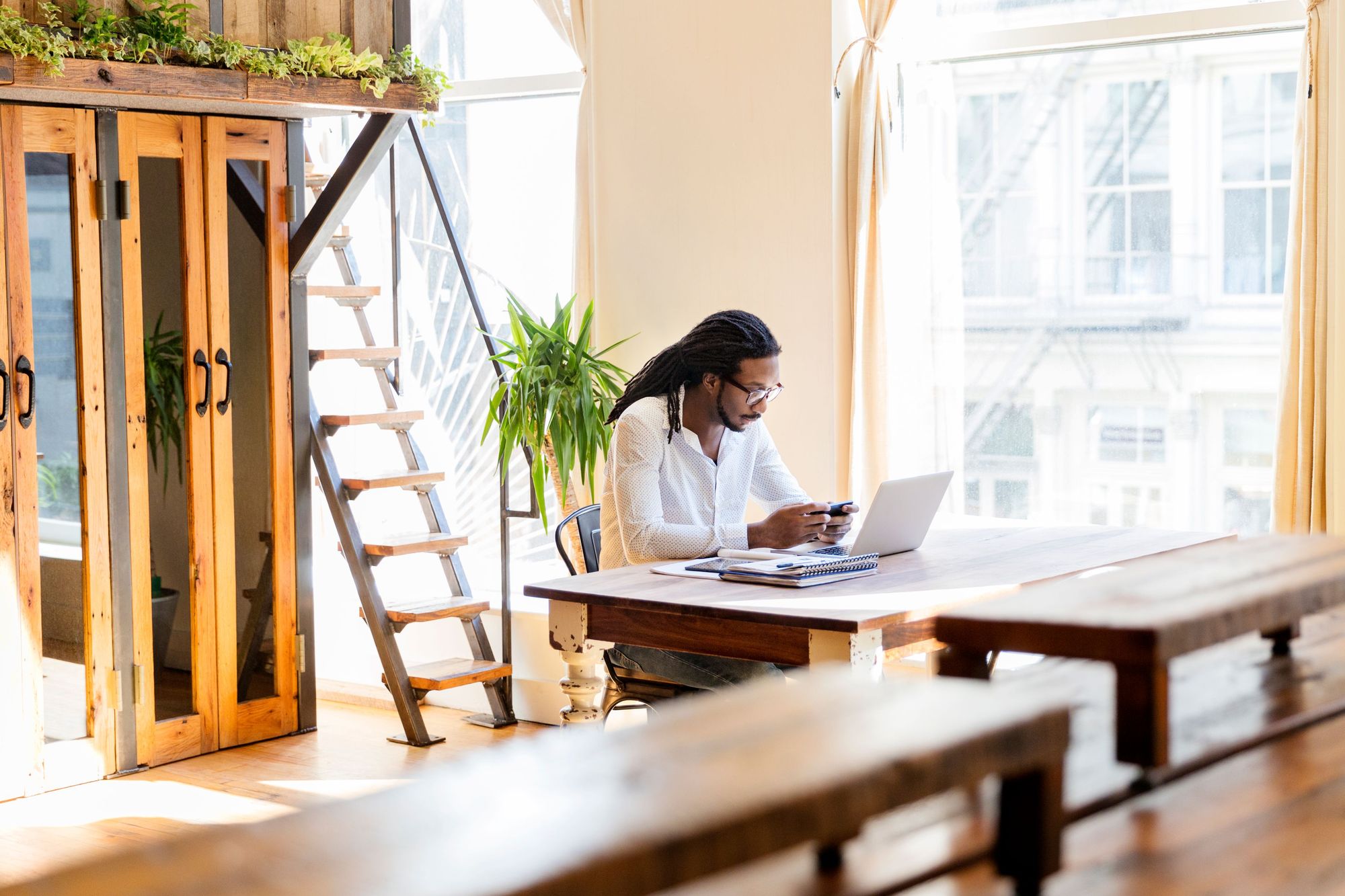
You have an extensive background in a lot of different things. How did you get to coworking from that?
I was kind of stuck in retail.
I liked the fact that it was nice to build offices but it was not as fun to buy and sell clothing from my perspective. So I took what I was good at—expansion, real estate, technology, process development, and design of space—and then realized that there was a really cool opportunity where people who are working in their kitchens don’t want to work in their kitchens anymore.
I took that feeling and turned it into a business, which was my apartment at the time—it was a loft in SoHo that turned into the first Farm.
"Let’s put some tables in and let’s just try our luck."
It did work. No marketing knowledge, nothing at all. No building knowledge. (Thanks to Cobot, that helped!)
It got filled with customers and you know what, when I first designed the space, I put myself in a little corner there and my bedroom was still in the space for the first three weeks.
How was that?
I wasn’t expecting members that quick! I was like, maybe this crazy idea will work.
And then my first week, people moved in and I was thought “Oh God! People are moving in!” and the space got full of a sudden. I thought maybe I could still pull it off, maybe I could wake up before everybody. I was super broke at the time and then I realized developers like to stay up all night so I couldn’t walk around with pajamas.
So I ended up moving to a hotel immediately and knocking out that wall and extending it like the third week of operation.
So what came first between the idea for the farm Soho and finding a farm right in the middle of the country?
I mean, it’s gimmicky, right? It’s like Captain Obvious.
We had to design a table, we had this client moving in who needed more seats or something. It was the very beginning, after my house became my house again, and Farm became Farm.
We needed tables. We need to seat a hundred people and I was like “OMG, I’m broke, we can’t buy these tables, what are we going to do?!”
And then one Thanksgiving day I was in my pajamas doing intensive research and I was like “Oh crap, buy tables... I could get wood tables from a farm by dismantling it,” and thought I should go search for a farm and find a contractor to actually execute this crazy idea in Missouri.
I flew out there myself, stayed in probably a hostel situation or AirBnB (like I said, I was super broke) and then by scavenging money, we spearheaded the construction.
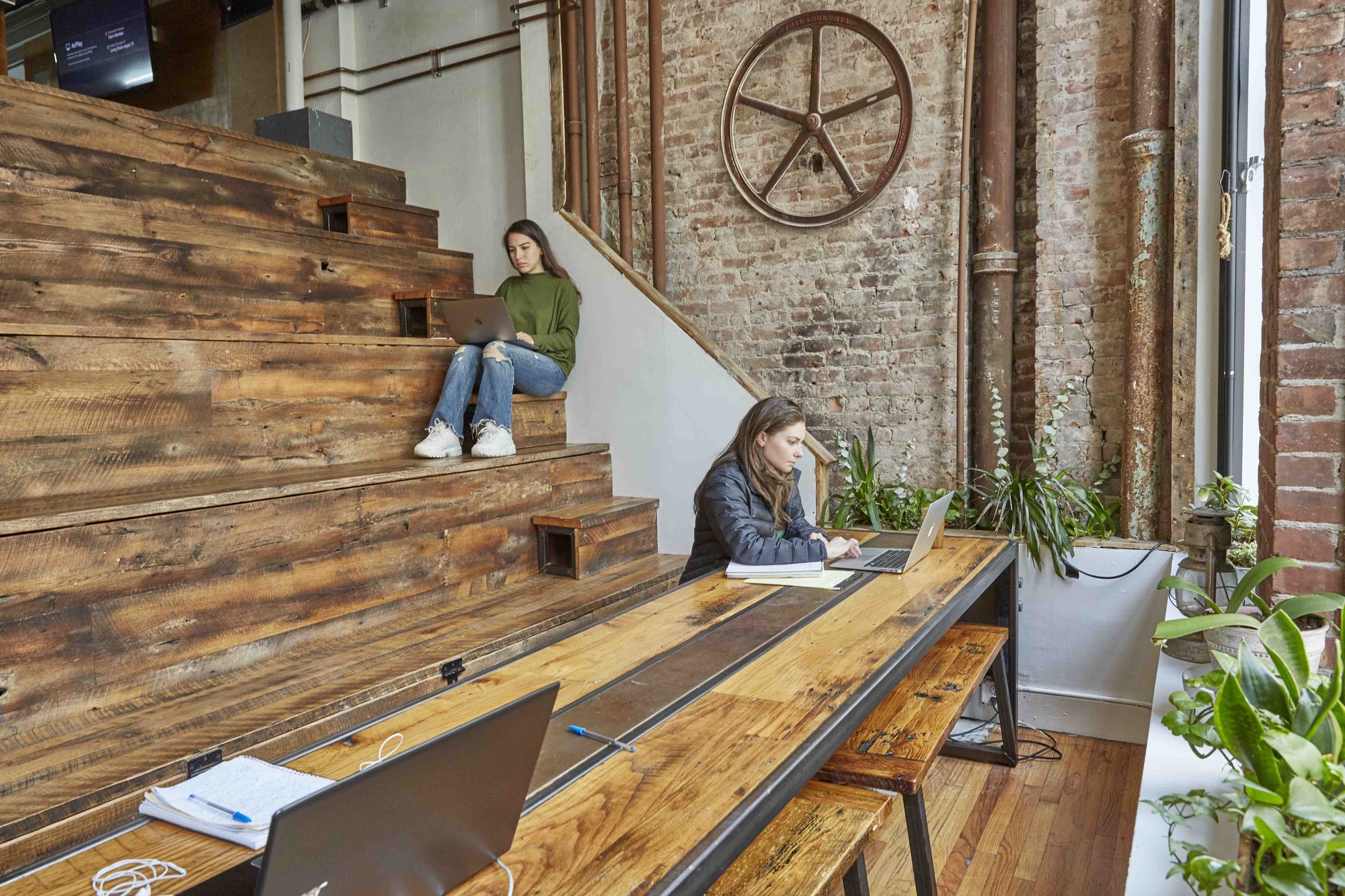
You talked a little bit about when you flew out. Tell me about what it was like actually bringing these things back to New York City? How did you do it?
First I was like, “Damn I don’t want to drive a truck.” But I did. It’s not only the tables, it’s also the structures as well. So while we're having ongoing, serious construction in the space—like conference rooms and that sort of built out—it's definitely a cluster shit!
Seriously, trying to manage construction, video call employees who are on the site, they were like “Oh My God, we don't know how to-, we’re being so loud-” Everybody was OJT [on-the-job training] at that point.
I went to hire somebody to truck it and move it. It was $5,000, but with my veteran discount the truck was like $600 from Missouri to New York and I've driven trucks before many times. I drove a freaking tank before when I was in the military. So we loaded the truck and then I drove it myself. So we save like—minus gas—about 4K.
I did it in one shot, had a great sandwich in Indianapolis though, that was super nice. And a hot dog!
Do you remember any names? You can throw them a shoutout.
The hot dog was in... correction, it was in Columbus, Ohio. Let me see, I bet I could find it.
Dirty Frank's! That place was the highlight of my trip.
Back to coworking, what was it like in New York during the pandemic? Did The Farm stay open?
We were open. We were doing mail services, we had medical tech companies that stayed with us through the pandemic. We did disinfection daily, we were really meticulous. But as soon as things started getting better, gradually, our sales exploded more so than our competition. So we really thank our customers for that, for coming back and building the company. We just signed our last remaining office. We’re almost at a hundred percent.
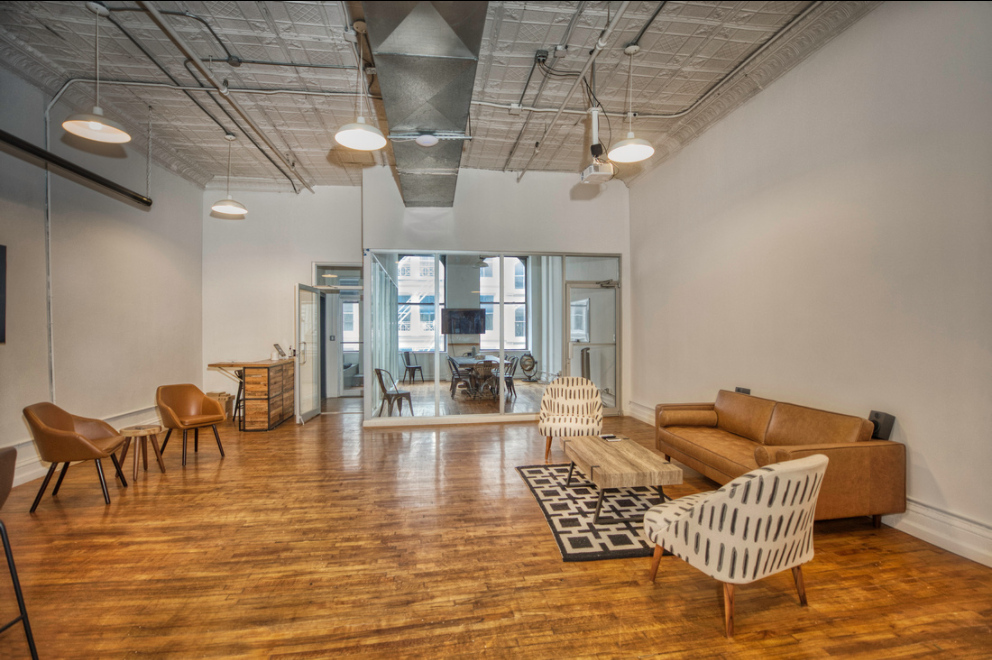
Have you noticed a change in the character of coworking? Have you noticed any differences pre, post pandemic, or do you think it's pretty much how it was?
It’s cheaper! I definitely recognize that. I mean, we're kind of a nonprofit organization becoming a profit organization eventually. We should definitely file for that. Get some taxes back.
Everybody has to get vaccinated. If you asked me this question two months ago, everybody had to wear masks and sit six feet from each other. Now that's obsolete as long as people are vaccinated and I encourage everybody to do that. Our staff is vaccinated. Luckily enough, like in Europe, you can't go to a restaurant without vaccination and food is everything for us.
So it doesn't seem like it's really affected your operations then. And your expansion plans things still going strong? How are you feeling for the future?
There's a ton of empty space in New York now. Unlike the Farm, there are a ton of coworking spaces that are going under sooner rather than later. No names need to be given, but obviously, this is a global pandemic, right?
We'd like to help them, by taking over property and management property on behalf either of the co-working operator, because we have a great marketing engine.
We’re less good at communication, but we're better at forecasting. Findability, right, which is also important. And that engine runs our spaces, our occupancy, our events.
We have an overflow. To capture that overflow we’re in discussion with a couple of properties to take over their operations on their behalf, to fill their space, and to manage their space, turn them into Farms. And now you have a risk-free growth. So we’re focusing on that currently, called the "property management expansion."
Now my dream is to be growth focused until I become obsolete again.
So from all of your experience in retail, in the military, are there any lessons you took from that that were particularly useful in running a coworking space?
That’s everything. Well, I’m a different breed, you know, like from understanding the principles of IT in terms of Wi-Fi access points, business security, reading contract, all kinds of contracts.
If you love what you're doing, you could think about what you're doing when you go home. It’s after 11:00 p.m. and you still want to just get that email out because you just really enjoy the Cobot-Kisi automation!
It's actually great because 24/7 open space is a competitive edge, and when somebody comes through and opens up Kisi, it also deducts the day pass and checks them in automatically.
The military made me resilient, and then my addiction to working out made me resilient. It's just cumulative of both.
What I could say, as an answer answer to your question: just be happy and love what you do until you can't and that's all to it.
You know, whatever it is. Whatever your job is, whatever your dream is, whatever your passion is, be self-aware, be healthy mentally, socially, financially, physically, all of that, and then you just feel good. Even if you're not successful you’ll feel good because you just did something you like.
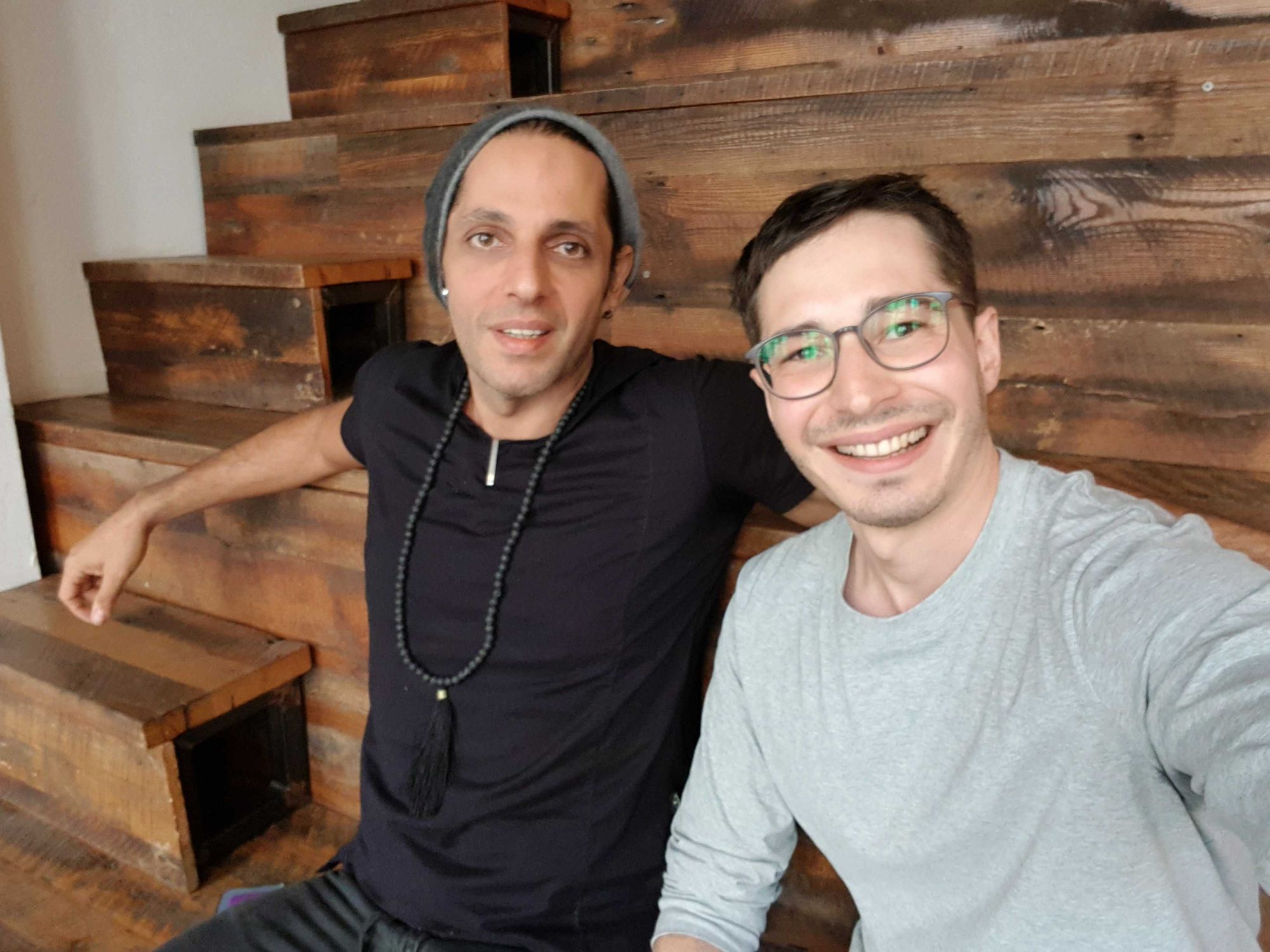
I mean, speaking of that, so you've clearly found great success, but I know there are spaces around the world that are still struggling, you know, places maybe where there are stricter restrictions or people are coming back to the office.
Do you have any advice? Stories? Things you'd share?
Income diversification focusing on mailbox revenue, that’s a huge one. Focus on short-term office rentals, day office rentals, depending on your demographic that might be really helpful. Research as much as possible. I read GWA, Global Workspace Association, great content comes out of there.
Also read the Farm blog. It's a bit more meant for our clientele; that might be also a good source of information. Events are also great if you could do events. Look, the bottom line is we’re selling space under different settings. It's either one day, for a single person, or sometimes for large companies.
Sometimes it's for like a couple hours for an event, no matter what it is, just sell space in any shape or form possible. If you got somebody who wants to do a retail store and you have a retail space, they want to rent it from you, you have sublease rights, you’re going to make profit, just sell it.
Maybe you want to do a Covid test center, who knows. Whatever in the space brings in revenue. Focus on revenue and revenue’s going to be your king. And the second thing is findability. Make sure people find you. If you are in a super competitive market where SEO and social media are going to take a year to accumulate, do outreach. Go to tech events if there's tech events, talk about your space, depending how big it is and how much time you have. Let them find you, it’s not like you build and they come, you’ve got to go after your customer.
To your last question, what I learned the most: sales is everything. More important than your investors, more important than than your build-out, sales is everything. If you can get that down, you’re in good terms.
Is there anything else you’d like to share?
We run Cobot and we like it because there’s a lot of different ways we could use it.
It doesn’t promise all the bells and whistles, maybe others do, but whatever it promises it delivers and it delivers without problems. Support has gotten significantly better recently, in the last couple years. That's good. If somebody from my staff asks me a question I’ll be like, “Just go to Cobot support.”
It really, really helped when we had nothing and we didn’t know anything about coworking, Cobot was there to say, “Hey, this is how it's done.” You know, when you find a secret door in Mario, there's a hint at the door and you go “How come I didn’t see that before?” Or you play Zelda, like Zelda will put cracks on the wall a little bit, and you put a bomb in the crack and will open up to this new secret room with a bunch of rupees or something. That’s how Cobot was for us. It was that hint of how things are done because you guys are at the forefront of... probably one of the first, or the first, coworking softwares.
It was like, you could get hospitality-side software, you could get real estate management software, you can get these other things but nothing but nothing specifically for the open space members. It was phenomenal! The accesses, the APIs, and even two-way integration, right off the bat, you had a two-way Google calendar integration. Back then people didn't even know what the hell Google calendar was. You guys were in the forefront of this, and so we really owe a lot of our success to staying with Cobot.
If you aren’t already using Cobot as your coworking management software, give it a go! You’ll find that our features can help you run your coworking space more effectively and grow your community. Just sign up for a free trial or a live demo session. And if you have questions, our support team is all ears!
Happy Coworking!
